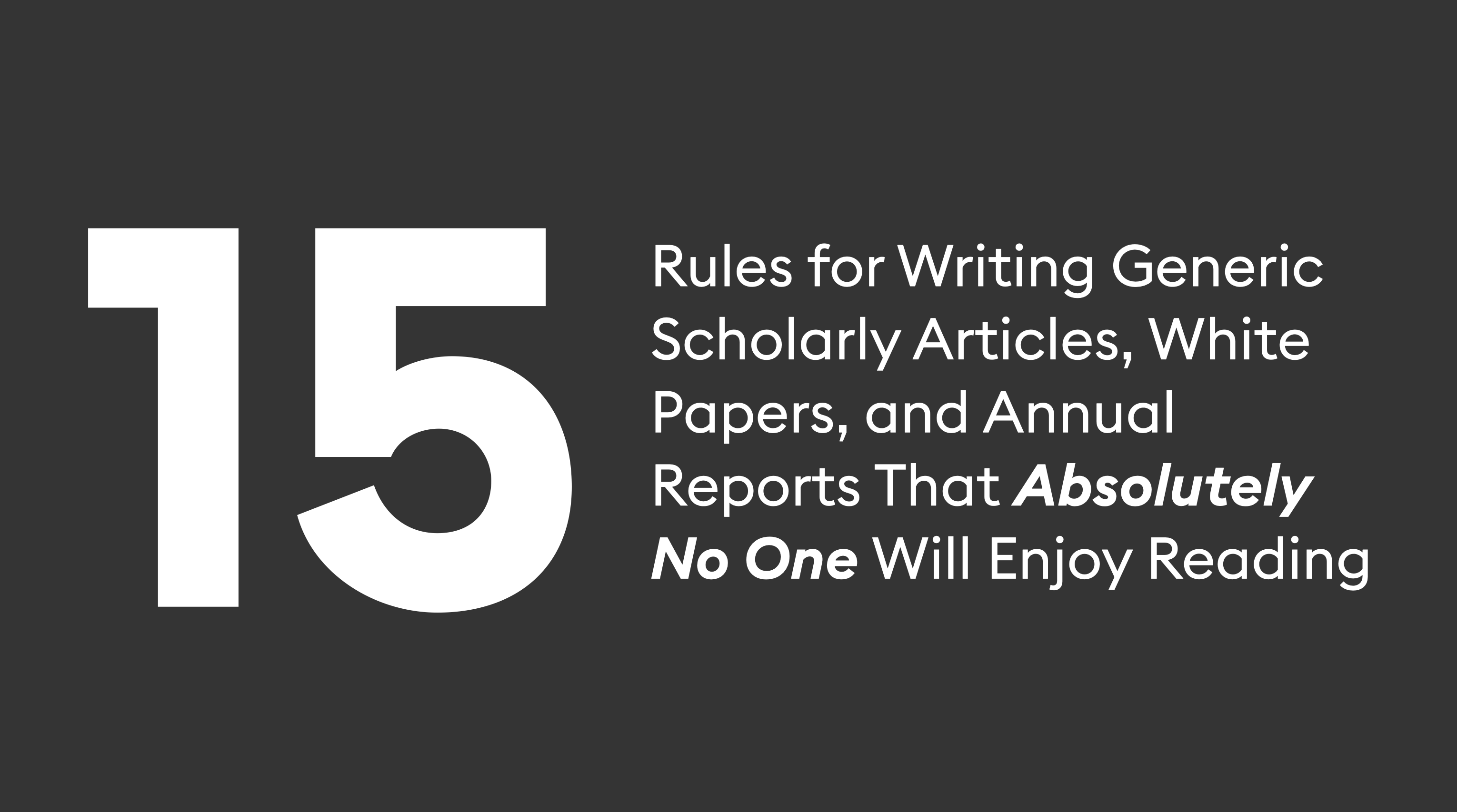Content warning: racism, sexism, and ableism
(Originally written in late 2017 or early 2018. Major edits in summer 2024.)
It is laudable to honour intelligence as a positive attribute. The same applies for kindness, athletic prowess, musical ability, generosity, determination, patience or creativity—all these are traits that ought to be celebrated. But to designate the highly intelligent as morally and biologically superior is dangerous.
I was reminded of the perils of attaching moral and qualitative values to people’s intelligence when I came across the website of the so-called intelligence expert, Paul Cooijmans. His website is often quoted as an authoritative source of information on intelligence, personality and other traits, and he hosts a number of tests and quizzes ready to share on social media. (Admittedly, most of the people citing him aren’t reporting for major media sources, but the Spectator and BoingBoing article are exceptions.) I haven’t seen anybody else criticise his awful content, so I decided to do it. Are people not paying attention, or are they so ensconced in privilege that they can afford to ignore it? His material often sounds as though it could have come straight from a Nazi speech or an American eugenics leaflet from the early 20th century.
The first hint that there is something unsavoury on his site appears in his guide to the ranges of human intelligence. There are a number of problems with this page:
- This guide is completely entirely unsourced, apart from a postscript that he used a “combination of sources.” If he used a combination of sources, he needs to cite them; it’s good academic practice. It’s intellectually dishonest not to provide sources if they supposedly exist—people may very well assume that these data were pulled from the author’s rear orifice.
- He provides a range of IQ scores, though he does not clarify which tests he is using to define these ranges. There are myriad IQ tests available—the Wechsler tests, the Stanford-Binet, the Kaufman tests, Raven’s Progressive Matrices, and the the Cattell test, to name a few—and all of them will yield different results. They use different theories to underlie their methods, and they have different ranges, confidence intervals, and cutoff points. Moreover, previous versions will also produce different results from current tests that are based on different norms.
- His classifications of “R*t*rd*d,” “Below Average,” “Average,” “Above Average,” “Gifted,” and “Intelligent” are not in current use on any real IQ test, apart from any term containing the word “average.” The first term is the infamous “R-word”: an out-of-date and demeaning term for people with intellectual disabilities. The term was phased in the late 2000s and early 2010s. “Gifted” is a predominantly educational term to refer to anyone who scores above a certain cutoff—typically 120 or 130—to qualify for enrichment programmes or academic acceleration. As for “Intelligent,” that isn’t an IQ range; it’s a general term for especially adept learners. Again, he gives no citations for these classifications.
- He thinks that only people with an IQ of 140 or higher can think rationally and communicate clearly. He provides no proof for this assertion.
- The page is oozing with rank ableism. His disdain for people with intellectual disabilities is such that he revels in using such outdated and dehumanising language.
- This page appears on the first page of results when googling “IQ classifications,” above several legitimate websites.
Once one goes further into his site, though, his fascistic, hateful views come into even fuller display. It seems to get worse the further one goes. The ableism persists, and to the mix are added racism, sexism (including misogyny, homophobia, and transphobia), xenophobia, and classism. It is a toxic blend of reactionary, retrograde, benighted views that have long since been debunked by mainstream science. He is no iconoclast; in fact, he has merely reconstructed old icons to venerate.
For a man who purports to be an original thinker, Cooijmans covers little new ground when he considers the topic of human intelligence. He merely regurgitates white-supremacist talking points—the sort of thing one would find on American Renaissance, to which he links—and 1920s-era pseudoscience. If I wanted hundred-year-old insights on intelligence, I would much rather go to the source.
He has an online quiz to test whether the visitor is a cultural Marxist or not. Cultural Marxism is a dog-whistle term used by alt-righters and neofascists to refer to people who hold any views to the left of Donald Trump, Geert Wilders, or Marine Le Pen. It has little to do with the socioeconomic doctrine of Marxism. Liberals and progressives are unlikely to consider the proletarian ownership of the means of production their primary political aim.
The questions in this quiz are heavily loaded to favour right-wing views about gender, culture, disability, and race—and as always, Cooijmans’s contempt for anyone unlike him is evident in every question. (People with intellectual disabilities bear the brunt of this cruelty.)
I was most horrified, though, by the third page of his I saw. Cooijmans presents a harrowing tale of societal degeneration spawned by intellectual decline. It is clear that he views people with intellectual disabilities as being half-human brutes, unworthy of civil rights or fair treatment.
There are lots of classic authoritarian-right talking points scattered throughout this awful article, including support for the death penalty, corporal punishment, the loosening of human-rights laws, and other harsh social policies.
The ableism from his intelligence-ranking article and the “Cultural Marxism” quiz is in full display here, too. He claims that the mental faculties of intelligent people make them superior to others, regardless of their behaviour:
But in this article I have assumed a continuous decline to sketch what would happen. I hope this will open the eyes of those people who, knowing that I am occupied with intelligence, in a warning and patronizing manner say things to me like, “Intelligence is not important or valuable in itself!”, “A more intelligent person is not a better person!”, “A society with higher intelligence is not a better society!”, or “Higher intelligence is not something worth striving for!”
Of course intelligence is important and valuable. So are creativity, athletic talent, and persistence. Acknowledging a positive characteristic does not mean that we should eliminate those who lack that trait, or those who possess that trait to a lower degree. Let us say that we replace “intelligence” with “athletic talent.” Shall we then move toward eliminating the athletically mediocre, regardless of how creative, intelligent, or persistent they are? (If that were the case, I’d be the first one out, because I’m a relatively intelligent person who’s completely useless at sports and don’t have an athletic bone in my body.)
Moreover, these positive traits do not define a person’s morality or individual value. Yes, it is good to be intelligent. But as members of society, people have the obligation to live alongside their fellow human beings without inflicting pain and suffering on them.
For the intelligent to achieve goodness, it is not enough merely to be bright; it is to use their mental faculties to benefit those around them. It is possible to be devastatingly intelligent, but lack even a modicum of concern for others’ feelings, well-being, or existence. History is flooded with such people; they tend to become dictators, absolute monarchs, or tyrannical CEOs.
Cooijmans’s conflation of intelligence with goodness is particularly troubling, especially considering the lack of moral consideration he expresses for others. He seems to think of goodness as a fixed trait associated with a person’s status, rather than someone’s behaviour. If a “good person” does something, it is good; if a “bad person” does something, it is bad. People at more sophisticated levels of moral reasoning think otherwise; it is one’s behaviour and belief that confer goodness, not a static definition of goodness that often relies on demographic characteristics.
(His personal profile also suggests that he does not value decency as a personal value, which I find horrifying.)
This line is particularly chilling:
Of course, a full degeneration like this can only occur when there is no other society around to destroy, enslave, colonize, or “help” the degenerating population. (emphasis mine)
This is advocacy for genocide, colonisation, and slavery. A person who thinks that slavery and colonisation are ways to prevent societal decline is downright fucking evil. Cooijmans is so consumed with hate that he will casually advocate for the elimination of populations because they learn too slowly. The author himself is a perfect example of how goodness and intelligence are not synonymous with each other.
Anyone with at least a scintilla of decency and regard for human rights and the dignity of all human beings, regardless of their origins, identities or abilities, should stop citing this odious excuse for a human being and people like him. He does not deserve to be treated as an authority. We may as well cite Richard Spencer or some other neofascist, jackbooted thug who thinks that they are superior by virtue of the circumstances of their birth. By shunning Cooijmans, we avoid elevating the work of someone who diminishes the humanity and dignity of people with intellectual disabilities, as well as women, LGBTQ+ people, people of colour, and immigrants. We can avoid contributing to the mindset that only the highly intelligent can be moral actors, and promote the idea that our choices and attitudes toward ourselves and others determine our morality.
I’ll finish with some lyrics from Depeche Mode’s ‘People are People’:
So we’re different colours and we’re different creeds
And different people have different needs
It’s obvious you hate me though I’ve done nothing wrong
I’ve never even met you so what could I have done?
I can’t understand what makes another man hate another man
Help me understand
People are people so why should it be you and I get along so awfully?

